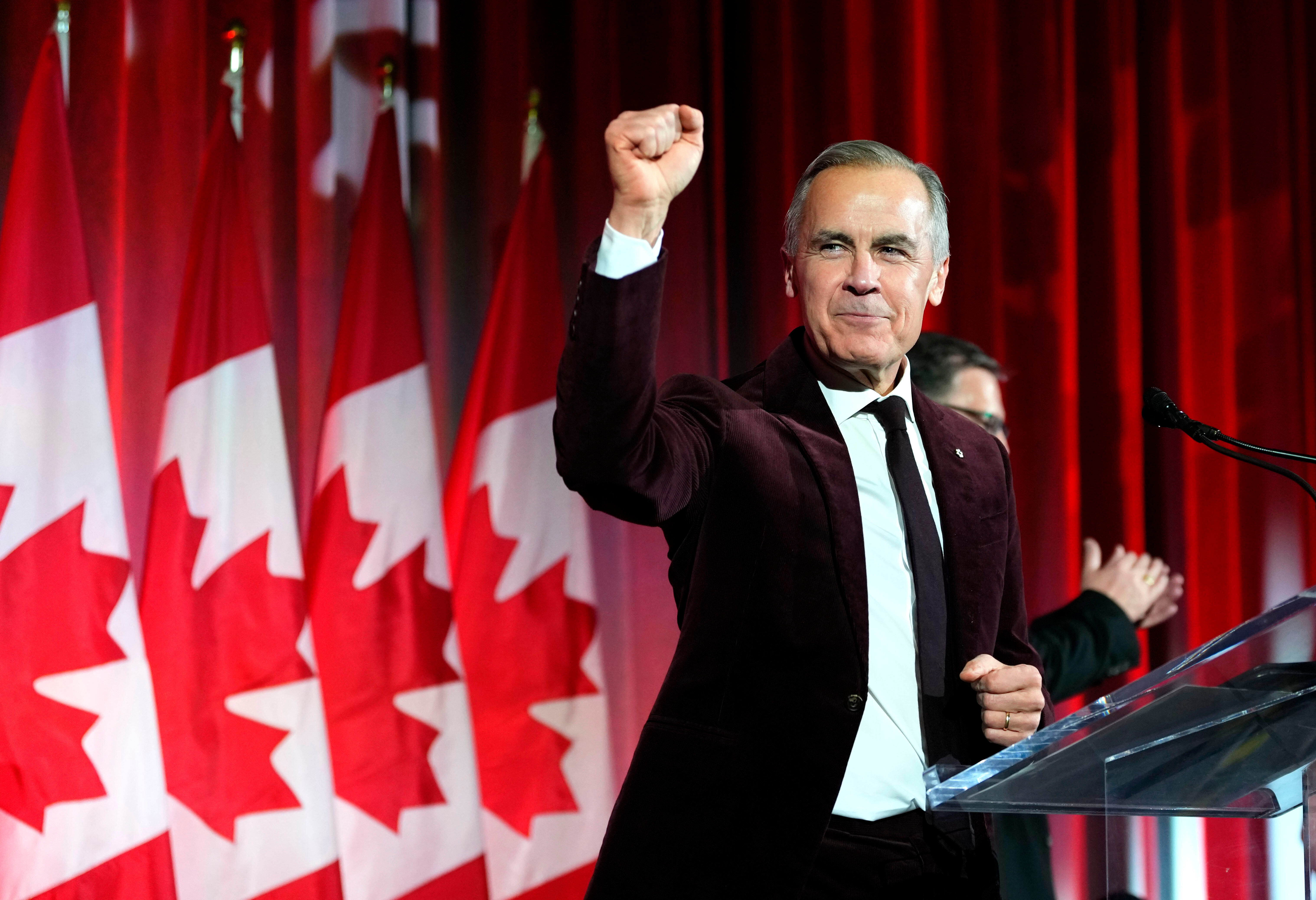As Ukraine war rages, oil prices surge to highest level since 2014
Global oil prices soared and U.S. stocks sank Tuesday as Russia stepped up its war on Ukraine.
Stocks fell as investors tried to measure how the conflict would impact the global economy. The S&P 500 dropped roughly 68 points, or 1.6%, to close at 4,306. The Dow Jones Industrial Average lost nearly 598 points, or 1.8%, and the tech-heavy Nasdaq dropped 1.6%. The declines add to the market's losses after a two-month skid for the S&P 500.
The bigger moves came from the markets for oil, agricultural commodities and government bonds. Oil has been a key concern because Russia is one of the world's largest energy producers. The latest bump in prices increases pressure on persistently high inflation that threatens households around the world.
U.S. benchmark crude oil jumped 8% to $103.41 per barrel, reaching the highest price since 2014. Brent crude, the international standard, surged 7.1% to $104.97.
The crisis in Ukraine prompted an extraordinary meeting of the International Energy Agency's board, which resulted in all 31 member countries agreeing to release 60 million barrels of oil — half of which will come from the United States' Strategic Petroleum Reserve.
President Joe Biden dipped into the SPR in November 2021, releasing 50 million barrels of oil at the time to tamp down high gas prices facing American consumers before the busy Thanksgiving holiday. The announcement from the IEA comes as President Biden prepares to deliver the State of the Union address before both houses of Congress on Tuesday.
"Moving forward with the release reflects the magnitude of expected disruptions to global energy markets driven by sanctions on Russia," Clayton Allen, director, and Raad Alkadiri, managing director of energy, climate & resources at Eurasia Group said. "Disruptions will also highlight the importance of U.S. domestic production," the analysts said.
Europe remains highly exposed to Russia in some sectors, particularly energy," analysts with TD Securities said in a report. "As the West rushes to sanction Russia, Europe is likely to feel the hit the hardest. This poses a typical stagflationary shock, and growth is likely to be lower, and inflation higher, than otherwise."
In the U.S., rising oil costs are pushing up prices at the pump. The national average for a gallon of gas is now $3.61, up 26 cents from a month ago and nearly a dollar from a year ago, according to AAA. Prices also have surged past $4 in some parts of the U.S., data from GasBuddy shows.
Russia's invasion of Ukraine has also put more pressure on agricultural commodity prices, which were also already getting pushed higher with rising inflation. Wheat and corn prices rose more than 5% per bushel and are already up more than 20% so far this year. Ukraine is a key exporter of both crops.
Investors continued putting money into bonds. The yield on the 10-year Treasury fell sharply, sliding to 1.72% from 1.83% late Monday. It is now back to where it was in January. In February, it had crossed back above 2% for the first time in over two years. The 10-year Treasury yield is used to set interest rates on mortgages and many other kinds of loans.
The war in Ukraine has shaken markets globally and added to worries about economic growth in the face of rising inflation and plans from central banks to raise interest rates. The U.S. and its allies have been putting significant pressure on Russia's financial system as that nation continues its push into Ukraine and its key cities.
The value of the Russian ruble plunged to a record low Monday after Western countries moved to block some Russian banks from a key global payments system. Also Monday, the U.S. Treasury Department announced more sanctions against Russia's central bank.
The developments had Russians facing the prospect of higher prices and curtailed foreign travel as the ruble's plunge had nervous depositors flocking to banks and ATMs. Posts on social media relayed reports of long lines and machines running out of cash.
Various companies have announced plans to scale back or pull out from ventures in Russia, or to suspend operations in Ukraine due to the conflict. Visa and Mastercard said they are blocking services to Russian banks, complying with U.S. sanctions levied on the nation.
The Russian central bank has also raised its key rate to 20% from 9.5% in a desperate attempt to shore up the plummeting ruble and prevent a run on banks. Russia's stock market remained closed on Tuesday.
Fed chief to speak
Investors are closely monitoring developments in Ukraine while awaiting the latest updates from the Fed and U.S. government on the economy. Fed Chair Jerome Powell is to testify before Congress later this week and that could offer clues on the path ahead for raising interest rates. A report on Friday will also show whether strength in the U.S. jobs market continued in February, allowing the Fed more leeway to raise rates.
Several stocks made big moves on earnings. Target jumped 10.5% after reporting strong fourth-quarter financial results and saying it will invest up to $5 billion this year in physical stores, remodels and other initiatives. Workday rose 6.8% after reporting encouraging earnings.





